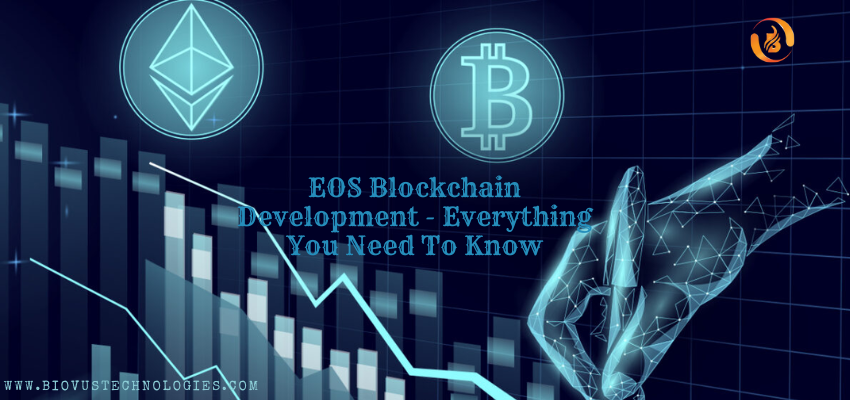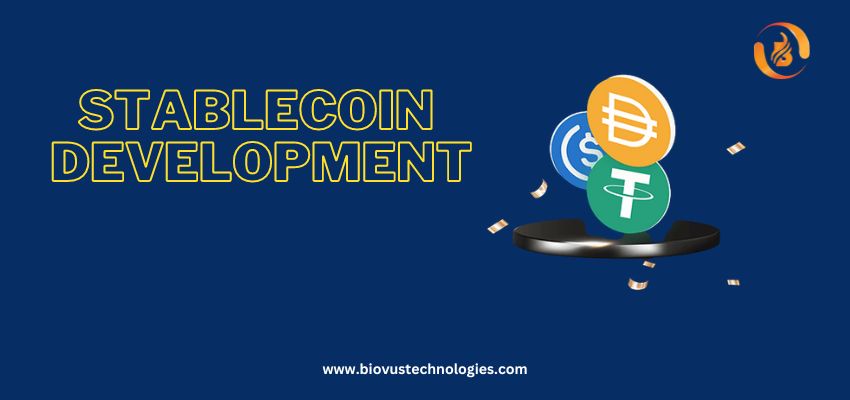Using the decentralized biggest blockchain platforms, the transactions may be tracked, recorded, and made easier. To prevent manipulation and fraud, these systems provide a public ledger based on historically distributed historical transactions across the globe.
Every interaction is recorded in a database, and every prior, time-stamped transaction is used to validate and carry out every trade. Although it was initially used for financial transactions, blockchain technology is now being used in a wide range of sectors, including e-commerce, supply chain management, and data integration.
Businesses can utilize this self-sustaining database to record transactions and get rid of fake ones. The basis for building apps that rely on any form of transaction is provided by these software solutions.
The Biggest Blockchain Platforms You Must Know
1. Ethereum
In terms of use and popularity, Ethereum is one of the biggest blockchain systems. It was created in 2013. Its developed into the blockchain platform that supports DApps and smart contracts the quickest. Ethereum is renowned for its capacity to scale and the smoothness it provides to even very large-scale data transfer. The Proof-of-Work (PoW) blockchain method is used by the fastest blockchain platform. In addition to providing its own token, Ethereum currently has the second-largest global market cap for cryptocurrencies.
Due to its incredible ability to provide speed and smoothness. Ethereum is the most favored option among NFT traders among all blockchain platforms that enable them. With a secure infrastructure to support the idea of normalizing NFTs, the blockchain platform is also proving to be a game-changer for the Metaverse.
2. Tezos
Tezos, a young incredibly popular competitor on this list of the biggest blockchain platforms, is another contender who has had success. Launched in 2018, this platform is expected to rank among the top blockchains in 2022. The reason Tezos is so well-liked is that it has succeeded in replacing Ethereum as a platform that can enable smart contract functionalities. Tezos, however, has a reputation for evolving more quickly than Ethereum 2.0. Tezos is also anticipated to lower gas prices by 75% following the Delphi Upgrade.
Because Tezos employs the on-chain upgrade method. It is incredibly simple to modify, adapt, or assist developers in adding new features. It allows your business to be on the cutting edge of technology.
3. Ripple
In 2012, ripple was created. It offers a Blockchain network that makes it possible to connect businesses, banks, exchanges for digital assets, and payment processors. The service is also provided without any fees. International payments are supported, and it has a digital asset called “XRP.”
This virtual currency is frequently referred to as one of the cryptocurrencies, alongside Bitcoin and Ether. XRP has demonstrated that it is faster and more scalable than other Blockchains thanks to the development of Blockchain technology. 75 customers in various stages of commercial deployment make up Ripple’s clientele.
Money can be sent without any issues, whether it be in the form of dollars, euros, yen, or cryptocurrencies like litecoin or bitcoin. Quick currency conversions between different currencies are made possible by XRP.

4. EOS.IO
A well-liked Blockchain Software platform for creating scalable, secure apps is called EOS. It provides hosting and smart contract capability. Additionally, with the decentralized storage of enterprise solutions, the user can easily handle the scalability difficulties handled by Bitcoin or Ethereum. It has capabilities like multiple processing, measurement, upgradeability, and flexibility.
Top blockchain firms favor EOS.IO because it doesn’t charge transaction fees. Additionally, the platform says it can handle millions of transactions every second. EOS.IO was initially made available in 2018. Proof-of-Stake (PoS) techniques are used on this blockchain network powered by the EOS token to execute transactions as cheaply as feasible.
In comparison to its many well-known competitors, EOS.IO is a fairly reasonable choice with more security and scalability for small and mid-sized enterprises. EOS.IO is a suitable platform for various sectors because it supports dApps.
5. Solana
In contrast to the well-known Ethereum blockchain, only those working in the cryptocurrency field are familiar with Solana. While the blockchain was first launched in 2017, SOL only began trading on reputable platforms in April 2020. One of the quickest blockchains in the world, according to known statistics. As the blockchain with the greatest market cap using the Proof-of-Stake (PoS) technique, Solana is engaged in a battle with Cardano for the title.
As an example, the Bitcoin blockchain can process roughly 7 transactions per second, Ethereum (ETH) can process 30, and Solana can process about 65,000 transactions per second, making it a favored choice for developers.
Solana is not only incredibly quick and affordable, but it is also censorship-resistant. This implies that the network will always be accessible to apps and that transactions will never halt.
6. Cardano
Since Cardano was developed by Charles Hoskinson, an Ethereum co-founder, it has several characteristics in common with Ethereum. The fact that Cardano already utilizes a PoS network gives it a significant advantage over Ethereum. Ethereum, on the other hand, has not yet switched from a PoW network to a PoS network. Cardano is now a blockchain platform that is quicker and more environmentally friendly than Ethereum. Anyone could create and use their own smart contract with the recent Alonzo hard fork upgrade.
Cardano is focused on making it easy for developers to build scalable and dependable Cardano-powered applications while also allowing transactions in its native cryptocurrency, known as ADA. Cardano may now execute smart contracts as a result of the Alonzo Hard Fork, allowing programmers to design decentralized applications (DApps).
Closure Note
In 2022, 30% of projects will, according to Accenture, be put into production globally. The figure illustrates how blockchain technology is becoming more developed and how there is a need for more durable blockchain platforms.
visit us on: www.biovustechnologies.com







